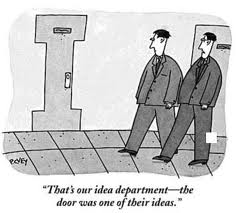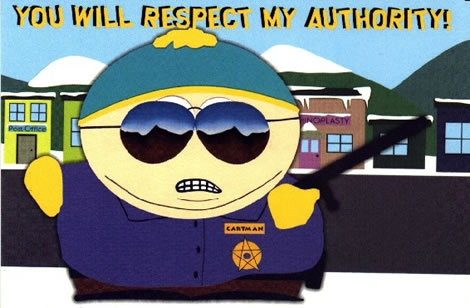What do cat videos and unauthorized outsourcing have in common?
Let's review two recent stories of shall we say, extremely 'creative' approaches that individual workers have taken in order to get their jobs done more efficiently:
One - Collections agent develops software program to automate 95% of his job, uses his free time to play cube wars with his colleagues and watch Office Space
Two - Software developer outsources his work to a Chinese firm for a fraction of his salary, spends most of his 'workday' surfing Reddit and watching cat videos.
Pretty amusing stories, and they justifiably made the rounds across the tech news sites when they hit. Everyone, particularly occasionally too smart for their own good techies, love a good Dilbert-esque story of managerial incompetence, developer/employee creativity, and the absurdity of corporate life. 
But dig just a tiny bit deeper than that and what do we see in these examples? What's the common denominator across these tales?
Well to me, they are almost completely classic examples of management (or leadership if you think that reads better), lack of attention to, respect for, and appreciation of the talents, ideas, and abilities inherent in their teams.
In the case of the collections agent, it was obvious that even a cursory attempt to streamline and automate the existing work process would result in both cost savings and increased collection rates. And in the case of the software development outsourcing, again, clearly it was a business strategy that resulted in equal or better product quality and significantly reduced costs.
Both these novel and creative approaches were so apparent and easy to uncover for these two workers on the front lines that they were able to implement them on their own, without the need of a big project team, some kind of formal process or model, without a fancy consultant coming up with the idea, and perhaps most importantly - unencumbered by corporate hierarchy, politics, and 'We have always done it this way' syndrome.
The ideas your organization needs are not locked up in some guru's head or just floating somewhere in space. They are probably right in front of you - in the workarounds, shortcuts, and 'unauthorized' arrangements that your most creative workers have already taken.
You'd be better off trying to get these ideas more out in the open, rather than continuing to perpetuate an environment where great ideas have to hide.

 Steve
Steve



